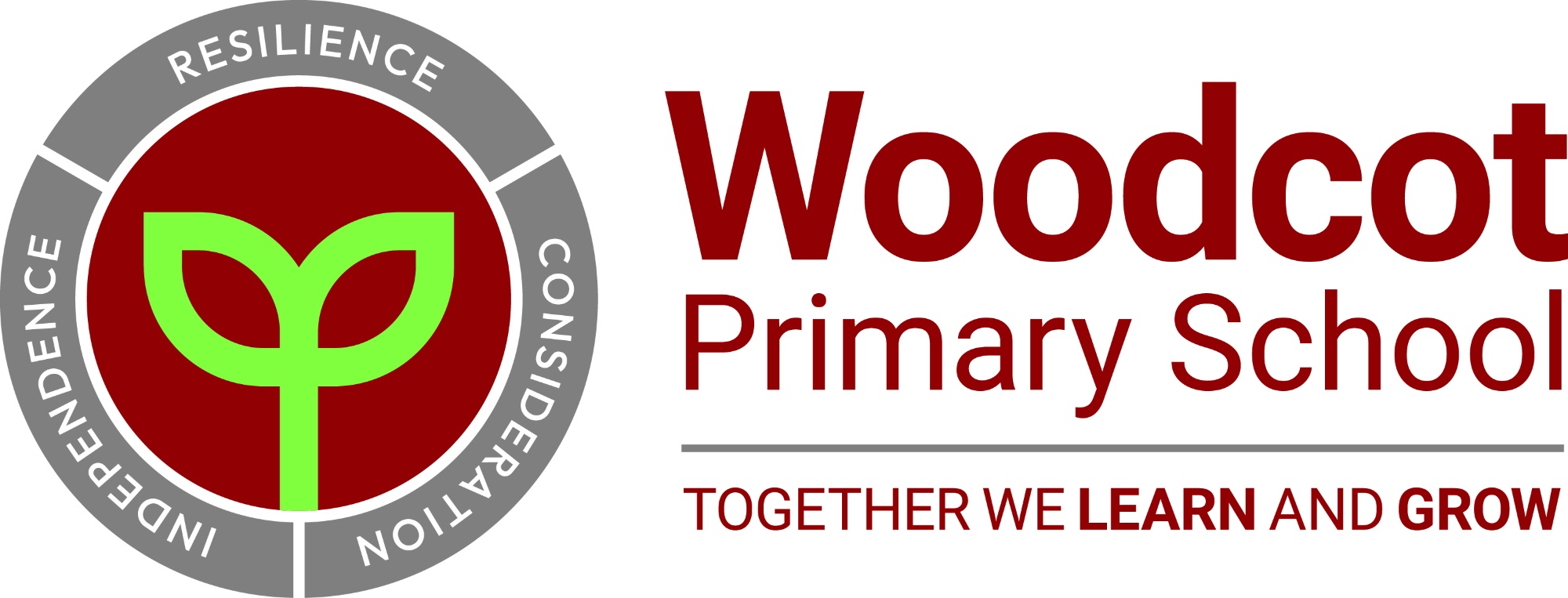RE

Ms Britt is responsible for RE. This means ensuring there is an ambitious curriculum set, supporting teachers to implement through high-quality lessons and checking that everything is helping children to know more, remember more and do more.
If you would like more information in addition to that published on this page, please email:
admin@woodcotschool.co.uk
Purpose of Study
RE is for all pupils in all schools, every pupil has a legal entitlement to RE. It is a necessary part of a ‘broad and balanced curriculum’ and must be provided for all registered pupils in state-funded schools in England, including those in the sixth form, unless withdrawn by their parents (or withdrawing themselves if they are aged 18 or over). This requirement does not apply to pupils below compulsory school age (although there are many examples of good practice of RE in nursery classes).
Schools are not obliged to provide R.E. to pupils who are under compulsory school age (section 80(2)(a) of the Education Act 2002), although there are many instances of good practice where R.E. is taught to these pupils.
Aims
Our Agreed Syllabus, Living Difference IV seeks to introduce children and young people to what a religious way of looking at, and existing in, the world may offer in leading one’s life, individually and collectively.
It recognises and acknowledges that the question as to what it means to lead one’s life with such an orientation can be answered in a number of qualitatively different ways.
These include the idea that:
- to live a religious life means to subscribe to certain propositional beliefs (religion as truth)
- to live a religious life means to adhere to certain practices (religion as practice)
- to live a religious life is characterised by a particular way of being in and with the world: with a particular kind of awareness of, and faith in, the world and in other human beings (religion as existence).
Intent
At Woodcot Primary School, our intent in Religious Education (RE) is to provide a high-quality, well-rounded education that encourages all pupils to explore and understand the diverse religious beliefs, practices, and ethical values that shape our world. We aim to:
Develop Knowledge and Understanding: Equip students with the knowledge and understanding of major world religions, their beliefs, cultures, and practices, helping them to appreciate the richness of different faiths and the significance they hold in people's lives.
Foster Critical Thinking: Encourage pupils to think critically and reflectively about complex moral and ethical issues, promoting healthy discussions that facilitate respect for differing viewpoints.
Cultivate Empathy and Tolerance: Instil a sense of empathy and understanding, enabling pupils to engage positively with diverse communities and promoting a culture of tolerance.
Support Personal Development: Provide a space for pupils to explore their own beliefs and values, encouraging personal growth and spiritual development while respecting the views of others.
Implementation
To realise our RE intent, we adopt a robust and carefully structured curriculum enriched with best practices. Our implementation strategy includes:
Comprehensive Curriculum Design: Our RE curriculum follows our Agreed Syllabus for Religious Education - Living Difference IV, ensuring the coverage of Christianity alongside other world religions such as Islam, Hinduism and Judaism. Each unit is designed to be engaging and age-appropriate.
Active Learning Experiences: We employ a range of interactive teaching methods, including group discussions, debates, role-play, and creative projects, to engage learners actively. When appropriate, opportunities for This approach caters to different learning styles and fosters a deep understanding of the subject matter.
Use of Educational Resources: We incorporate a variety of high-quality resources, including religious texts, artefacts, digital materials and the use of persona dolls, to enrich the learning experience. Visits to places of worship and invitations to guest speakers enhance students’ practical understanding.
Professional Development: Continuous professional development for our teachers ensures they are knowledgeable, confident, and informed about current trends and perspectives in religious education.
Effective Assessment Practices: Our assessment strategies involve both formative assessments to monitor understanding during lessons and summative assessments at the end of units. This data informs future teaching, ensuring that we meet the needs of all learners.
Impact
The impact of our RE curriculum is evident in several ways:
Increased Knowledge and Understanding: Pupils demonstrate a strong grasp of various religious beliefs and practices, evidenced by their ability to articulate their learning clearly and thoughtfully during discussions and assessments.
Enhanced Personal Development: Students show increased confidence in expressing their own beliefs while showing respect and empathy towards the beliefs of others. This is reflected in their interactions within the school community and beyond.
Positive Learning Environment: A culture of respect and openness towards diversity is evident within the school, as pupils engage in meaningful dialogue about different faiths and moral issues, which fosters an inclusive and harmonious school environment.
Community Engagement: Links with local faith communities and organisations provide pupils with real-life contexts for their learning and promoting social cohesion.
Critical Thinking Skills: Through the syllabus, pupils are developing well-rounded critical thinking skills, enabling them to approach complex ethical issues thoughtfully and responsibly. This is validated through their contributions to classroom debates and written reflections.
In summary, our approach to Religious Education not only aligns with our Agreed Syllabus' expectations but also enriches our pupils’ lives, preparing them to thrive in an increasingly diverse and interconnected world.
Year R
| Autumn | Spring | Summer | |
|---|---|---|---|
|
|
|
Year 1
| Autumn | Spring | Summer | |
|---|---|---|---|
|
|
|
Year 2 (2024/25 only)
| Autumn | Spring | Summer | |
|---|---|---|---|
|
|
|
Year 3
| Autumn | Spring | Summer | |
|---|---|---|---|
|
|
|
Year 4 (2024/25 only)
| Autumn | Spring | Summer | |
|---|---|---|---|
|
|
|
Year 5
| Autumn | Spring | Summer | |
|---|---|---|---|
|
|
|
Year 6 (2024/25 only)
| Autumn | Spring | Summer | |
|---|---|---|---|
|
|
|
Right of Withdrawal
-
“All students are entitled to receive RE as part of a broad and balanced curriculum at school which promotes their spiritual, moral, social and cultural development” - Religious education in English schools: Non-statutory guidance 2010. However, the law gives parents/carers the right to withdraw their child(ren) from collective acts of worship and/or Religious Education lessons, in accordance with the 1988 Education Reform Act. At Oakfield, we respect that right.
-
In the UK, the law does not prescribe how religious education should be taught or organised in schools, only that schools should bear in mind that the way RE is taught should reflect the agreed syllabus of the Local Education Authority and the ethos of the school, as well as ensuring that students make good progress, learning about and from the world around them and that Teaching Standards are adhered to. At Woodcot, we believe our RE curriculum fulfils this criteria.
-
Parents have the right to choose whether to withdraw their child from RE without influence from the school, although a school should ensure parents or carers are informed of this right and are aware of the educational objectives and content of the RE syllabus. If students are withdrawn from RE, schools have a duty to supervise them, though not to provide additional teaching or to incur extra cost; suitable work relating to the child’s religious education should be provided by the parents/carers. Pupils will usually remain on school premises, unless the child is lawfully receiving religious education elsewhere.
-
Parents can only withdraw their child from RE, not other curriculum areas. For example, pupils can’t be withdrawn from a study of religious art in an art lesson or the study of evolution in science.
-
It is important to remember the contribution RE makes to the development of children and the promotion of Fundamental British Values.
-
If you wish to withdraw your child from RE, please arrange a meeting with Ms Britt who will be able to support you.
